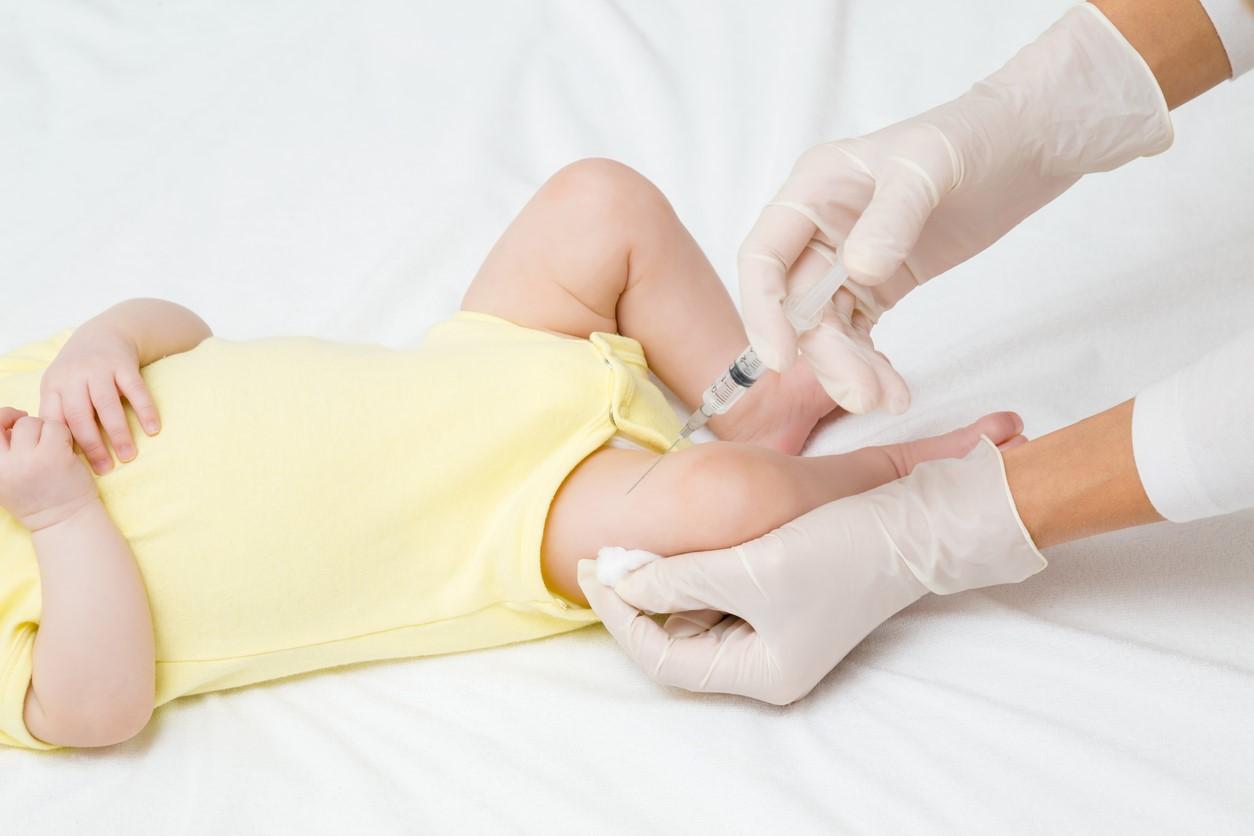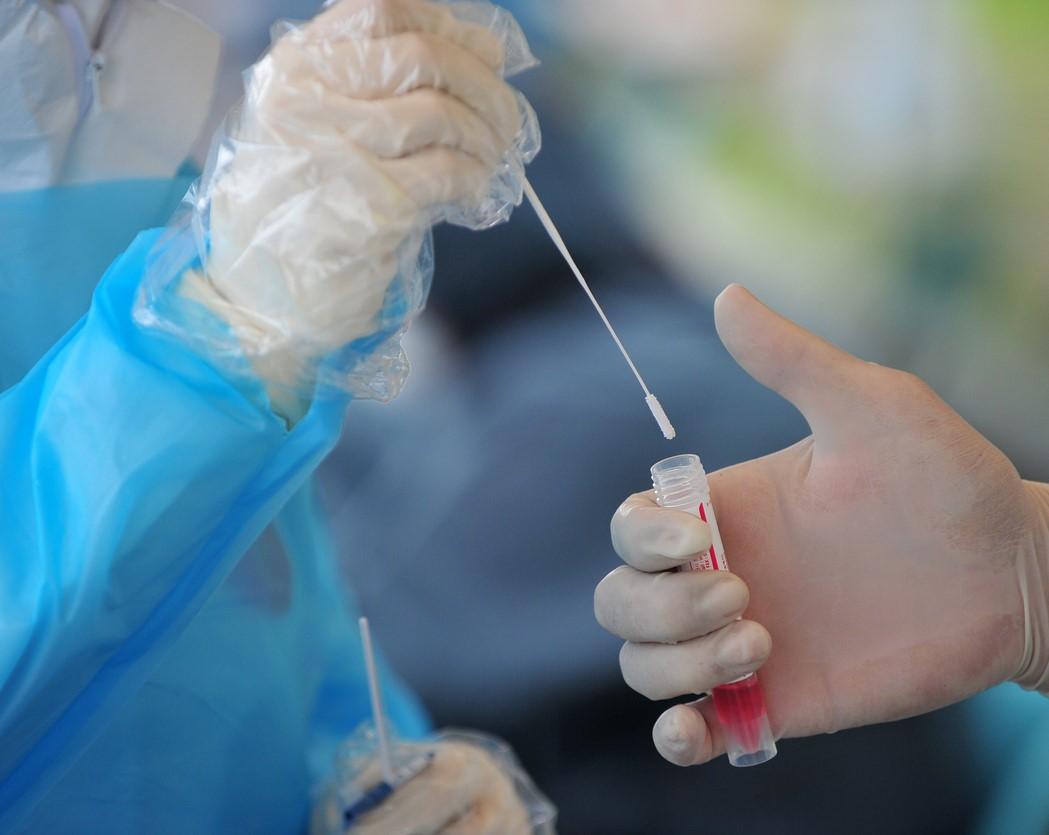Yesterday in Pediatrics researchers mined vaccine records of 16,365 US children ages 19 to 35 months in 2019 to determine how many complete the seven common multidose vaccine series given in infancy and early childhood. They found 1 in 6 US children had incomplete vaccine series.
Currently the Centers for Disease Control and Prevention’s Advisory Committee on Immunization Practices recommends several vaccine series, each consisting of 1 to 4 doses, to protect against 15 diseases in the first 2 years of a child's life.

The present study surveyed a random sample of US caregivers who provided vaccine records for their children. The main outcome was uptake for the seven series of vaccines deemed most important for preventing childhood illness, which includes diphtheria, tetanus, and acellular pertussis (DTaP, 4 doses), pneumococcal conjugate vaccine (PCV, 4 doses), Haemophilus influenzae type b (Hib, 3–4 doses depending on brand), hepatitis B (HepB, 3 doses), polio (IPV, 3 doses), measles, mumps and rubella (MMR, 1 dose), and varicella (VAR, 1 dose) vaccines.
A total of 72.9% of children completed the entire vaccine series. Four out of seven of the vaccines had complete coverage 90% or greater, which is needed to confer herd immunity (IPV: 92.3%, MMR: 91.8%, HepB: 91.3%, and VAR: 90.9%). But DTaP, PCV, and Hib remained under target, at 83.3%, 82.5%, and 81.0% completion, respectively.
"Non-Hispanic White children, children whose families accessed care at private facilities, firstborn children, and children with private health insurance were more likely to have completed the combined 7-vaccine series," the authors wrote.
According to the authors, non-Hispanic Black children were at greater risk of not completing multidose series as compared with non-Hispanic White children (adjusted prevalence ratio [aPR] 1.28). And children from lower-income households and in rented homes were 25% to 30% more likely to fail to complete multidose vaccine series.












